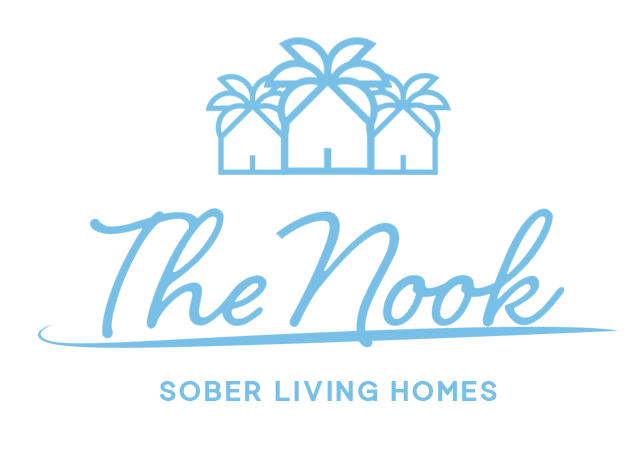Abuse of Adderall has increased dramatically over the years. Research from John Hopkins indicates that emergency room visits related to Adderall and abuse have risen while the number of prescriptions has stayed the same. The abuse rates of Adderall are more prevalent among young adults between 18 and 25 years old. The abuse of Adderall of young adults in this age range increased by 67 percent from 2006 to 2011, while emergency room visits rose by 156 percent. The increase in these numbers indicates a growing problem related to the abuse and addiction of Adderall.
What is Adderall?
Adderall is a drug known as a stimulant. Similar medications to Adderall include Ritalin, Concerta, and Dexedrine. These are all drugs that are prescribed to help people with attention deficit hyperactivity disorder (ADHD) be able to focus better. Unfortunately, misuse of stimulants, such as Adderall, is becoming increasingly common due to a lack of education about the risks of misuse of stimulants. As a result, stimulants are the second most common illicit drug used recreationally on college campuses, with the first being marijuana. People often refer to stimulants as the “smart drug,” assuming it helps them cognitively be able to remember things better and perform better in school. However, research studies have found that stimulants help improve behavioral aspects of ADHD, such as distractibility, and improve these deficits, but they do not enhance performance. Additionally, misuse of stimulants can cause dangerous side effects, including psychosis, seizures, heart issues, and sudden death.
Why is Adderall Addictive?
Adderall can become addictive because of how it affects the brain. The brain produces natural chemicals known as neurotransmitters that affect mood. Certain medications can change the chemistry in the brain and either increase or decrease the levels of these neurotransmitters. Adderall causes an increase in dopamine and norepinephrine in the brain. Dopamine is associated with pleasure, and norepinephrine is related to alertness. Misuse of Adderall causes an influx of these chemicals that the brain cannot reproduce on its own. When the high levels of dopamine increase, people often develop a craving for the dopamine and associate the pleasurable feelings with Adderall use, resulting in the continued abuse of the drug.
How to Quit Adderall for Good
The road to recovery may not be easy, but it is possible. There are many treatment options available to help you quit Adderall for good. Treatment options include different levels of care and different treatment modalities based on individual needs. Levels of care available include inpatient, partial hospitalization, intensive outpatient, and outpatient services. The level of care you need depends on the severity of your addiction and should be determined by you and your mental health professional. Treatment modalities can include cognitive behavioral therapy, motivation enhancement therapy, and contingency management. These therapies involve replacing behaviors with healthier ones to reduce the addictive behavior. Cognitive-behavioral therapy also includes identifying maladaptive thought patterns that increase the risk of relapsing and changing those patterns to more adaptive ones.
How The Nook Can Help
The Nook is a sober living home that aims to support those working their way through recovery. It provides support to help individuals maintain sobriety while also maintaining commitments related to employment and familial obligations. The Nook understands that young professionals can’t put their job or college career on hold and disappear for months at a time. We allow you to flexibility to continue your career and strive for recovery.
The Nook is connected to Thrive Treatment center so that you can have access to quality outpatient care during your stay at The Nook. Thrive Treatment offers intensive outpatient services, partial hospitalization, and outpatient services to meet your level of care needs. We also create individualized treatment plans so that your individual needs are met. Don’t wait any longer. Contact us today to find out how The Nook can help you achieve recovery while maintaining your obligations as a young professional.

